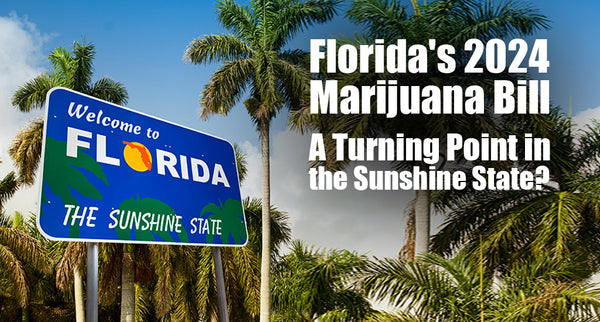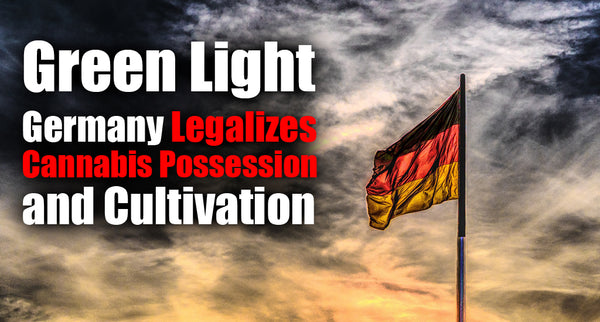
Proposed Reforms in Australia's New South Wales: Shielding Medicinal Cannabis Users from DUI Charges
Jeremy Buckingham, leader of the Legalize Cannabis party, is pushing for new laws in New South Wales that would shield drivers who use medicinal cannabis from prosecution in cases of positive roadside drug tests. Currently, it is illegal in New South Wales, Australia, to drive with any level of THC, the psychoactive component of cannabis, in one's system, even with a valid prescription. THC can remain detectable in drug tests for days after the impairing effects have worn off.
The proposed legislation seeks to grant exemptions to drivers who possess a legitimate prescription for medicinal cannabis. One such patient who would benefit from the changes is Dale Dunster, who uses medicinal cannabis to manage Parkinson's disease and other chronic health conditions. She takes a small amount of THC-containing oil at night to aid her sleep. For individuals like Dunster, the current laws can present challenges, as they risk losing their driver's license and, consequently, their independence.
Medical professionals, like GP David Gunn, support the reforms and believe that exemptions for medicinal cannabis users in roadside drug tests can be safely implemented. He points out that patients who responsibly take prescribed THC products under a doctor's guidance should not be penalized for it. Many patients, unfortunately, choose not to use medicinal cannabis due to the fear of potential penalties while driving, leading to undertreatment of their conditions.
Under the proposed changes, individuals with legitimate prescriptions for THC products, who are driving unimpaired and in accordance with their doctor's instructions, would be able to defend against a charge stemming from a positive roadside drug test. It's essential to note that the proposed reforms do not alter the rules for roadside impairment tests or the separate criminal offense of driving under the influence.
Jeremy Buckingham emphasizes that the proposed legislation aims to treat medicinal cannabis like any other legal medication, thereby removing disincentives for doctors to prescribe it and for patients to adhere to their treatment plans. He clarifies that the goal is not to compromise road safety but to provide a fair and practical solution for patients who rely on medicinal cannabis for their health.
Buckingham, now a member of the Legalize Cannabis party, previously served as a Greens MP and is confident that his former colleagues in parliament and other crossbenchers will support the bill. The Legalize Cannabis party considers the roadside drug testing exemption as its highest priority.
Currently, Tasmania is the only Australian jurisdiction with a medical defense for driving with THC in body fluids. Meanwhile, the Victorian government is exploring a trial to allow a small number of medicinal cannabis users to drive. Professor Iain McGregor, who leads the University of Sydney's Lambert Initiative for Cannabinoid Therapeutics, hopes that the new NSW government will be open to similar trials, emphasizing the importance of cautious legislative reform in this area.
Although there is an appetite for drug reform within NSW Labor, the Minns government has yet to commit to specific actions, except for holding a drugs summit next year. Premier Chris Minns acknowledges the significant use of medicinal cannabis in NSW but highlights the difficulty in determining impairment levels. Presently, individuals taking medicinal cannabis products that solely contain CBD (a non-psychoactive chemical found in marijuana) are permitted to drive in NSW.
Leave a comment
Comments will be approved before showing up.



